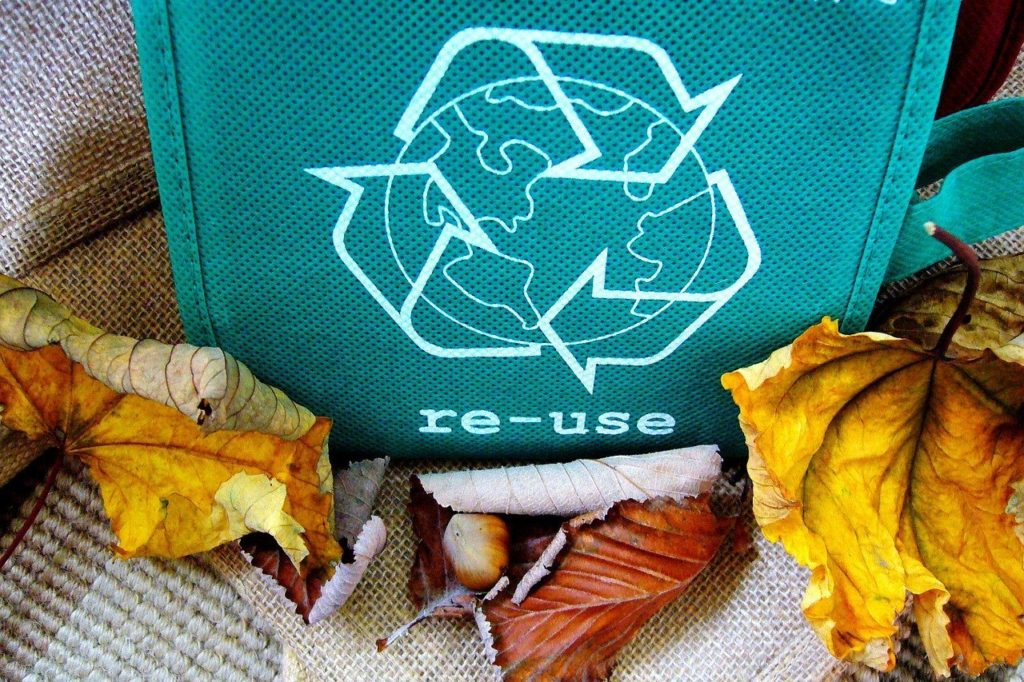We all know that we should be making every effort to recycle as much as possible during our everyday lives. But when you are busy or under pressure, how many times have you thought: “just one tin can/ plastic tray/ cardboard carton; it won’t make a difference if I don’t clean it properly?” WRONG…. if you put that one dirty item into your recycling box, it can transform your whole collection into non-recyclable waste.
Food is a form of contamination, because food residue left on containers cannot be reliably processed. So even if your local authority takes your collection to a recycling facility, it could be rejected if the contamination level is too high. If this happens, then the whole load is sent to be burnt for energy or to landfill instead of being recycled (source: Metro).
Unfortunately, recent reports have shown that UK household recycling rates have fallen. Figures from the Department for Environment, Food and Rural Affairs (Defra) show the amount of household rubbish being recycled dropped to 44.4% in 2018 compared to 45.2% in 2017. This is the lowest rate since 2015 (source: The Telegraph). So, what can your household and business do to help raise recycling rates in the UK? Here, we reveal 5 easy ways to improve your recycling habits:
- Always have recycling storage close by
Let’s face it we can be lazy; if we’re creating waste in the kitchen but our recycling box is outside, packaging may end up in the general waste bin. Make sure that you always have storage for your recycling close-by. If the majority of your recyclable waste comes from your kitchen, keep a small box or bag in a cupboard, on the back of the door or even next to the general waste bin. This will then make it less time-consuming to separate your waste and will encourage others to do the same.
- Be mindful of your confidential paper waste
For businesses it’s a legal requirement and at home it’s equally important to ensure that any personal and protected data in your possession remains confidential. DO NOT rip up that old contract or bank statement into tiny pieces and put it in your general waste bin. It is essential that confidential data is disposed of responsibly, to protect against identity theft and to ensure compliance with legislation to avoid falling foul of the law and paying expensive fines. Our Data Destruction service makes it easy for you to dispose of confidential waste so there really are no excuses. Our confidential waste disposal team is comprised of highly experienced professionals who are qualified to handle all types of confidential waste. We can either collect your waste in a secure vehicle or, once the Coronavirus pandemic is over and lockdown restrictions have been lifted, you can drop it into our facilities. We will then destroy your confidential paper waste for you on site. Click here to find out more.
- Clean, empty and dry food containers
From jars to tea bag boxes, plastic food containers to soup tins, you’ll find endless items to recycle in your kitchen. As mentioned above, it’s vital to ensure that all food and drink packaging is thoroughly clean and dry before you recycle it to avoid contamination. Adopt this habit by adding your empty packaging to your washing up pile. Use leftover washing up water to clean out each container and then deposit in the recycling bin.
- Recycle your electronics responsibly
Waste electrical and electronic equipment, also known as WEEE, is one of the fastest growing forms of waste. All businesses and households generate electronic waste. When recycling items such as computers, hard drives and mobile devices, you need to make sure that you dispose of items to ensure compliance with WEEE regulations. By using DCW’s fully compliant services, you can make sure that all your WEEE waste is disposed of safely, responsibly and economically. Start by creating a dedicated box in which to deposit old hard drives, USB sticks and mobile devices. With an easy solution at your fingertips, you’ll start thinking twice about pushing that old USB stick or obsolete mobile charger to the back of your desk drawer!
- Pack your own lunch
This is a really simple, easy habit to introduce. If you don’t already, start making your lunch at home and taking it to work in a reusable container. Not only can you enjoy a tasty, homemade meal during your lunch break, you can reduce both your food and packaging waste. No need to even think about what you should and shouldn’t be recycling during lunchtime!
We hope you found our 5 top tips useful and that you’re inspired to start adopting new recycling habits both at home and in your business. If you’d like to learn more about how we manage and recycle waste at DCW browse the different pages under ‘Waste Types’ or contact us today.
